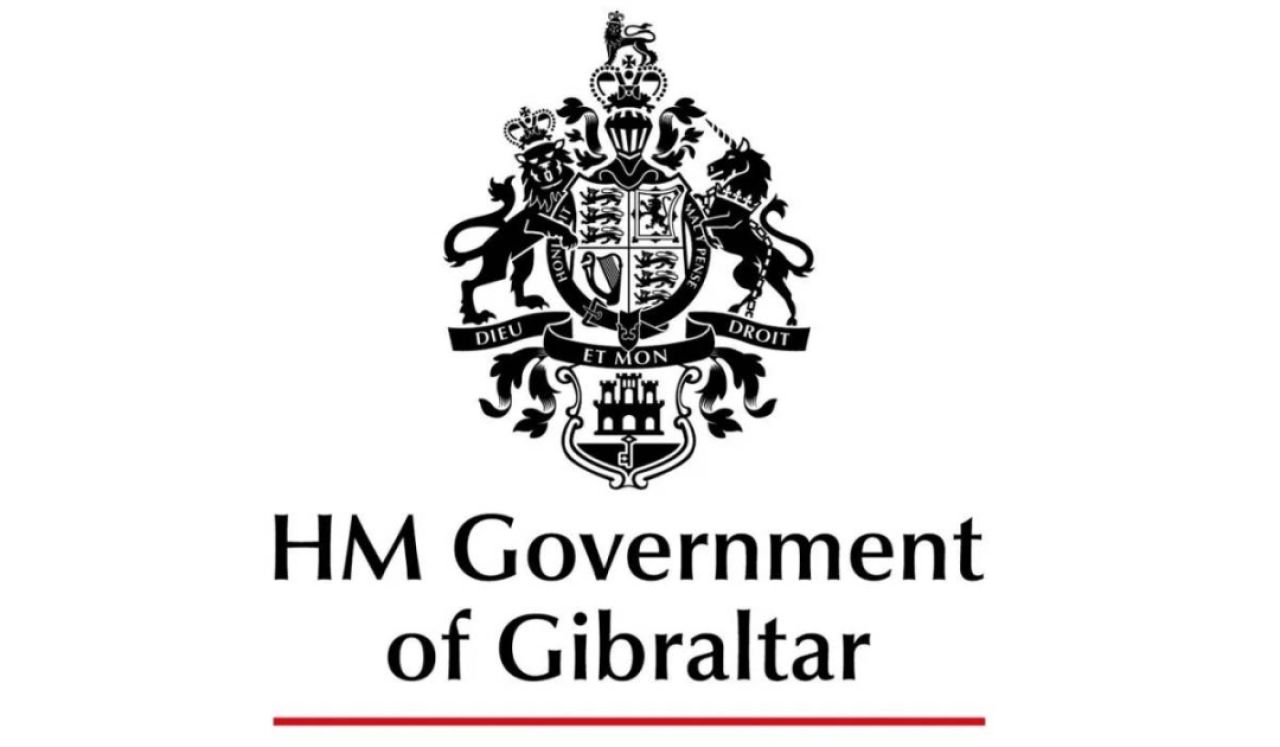Refuse Collection Reform “Already Delivering Better Value” For The Taxpayer

The Government has said that it "fully recognises” the concern that has arisen from the publication of recent audit findings on historic pay practices within the refuse collection service.
A statement continued: “We do not shy away from the fact that some of the figures presented are difficult to justify and have generated frustration among the public. These outcomes reflect longstanding structural and legacy issues that were allowed to persist for too long, which have now been addressed through a wide- ranging reform programme.
“The system that led to excessive overtime and inflated annual earnings was not created by this Government. It was inherited, rooted in contractual arrangements introduced over two decades ago, including a 74-hour week and a “finish and go” working culture that proved resistant to change for many years. Repeated attempts by previous and existing Chief Executives of the Department of the Environment and successive Ministers to modernise practices were met with strong union resistance and the threat of industrial action that would have put public health at risk.
“While the audit report is right to highlight the scale of these legacy practices, it fails to fully reflect the complexity of reforming such arrangements in a live public service context, nor the work already undertaken to deliver a solution.
“That solution is the new GIC collective agreement, which replaces the previous and unsustainable model with a new transparent pay structure.
"The Government has now changed that. In March 2025, departmental calculations confirmed projected annual savings of £685,000, arising from:
- Elimination of additional collection runs that were remunerated as full shifts;
- Reduction in collection routes from five to four;
- A new evening collection schedule (8:00pm–11:00pm), replacing disruptive early-morning collections;
- Removal of five working public holidays to reduce excess overtime;
- Removal of vacant posts through a restructured staffing complement;
- Introduction of a non-pensionable allowance model to contain long-term structural cost inflation;
• Other roles outside the department have also become obsolete as a result of the efficiencies achieved, thereby generating savings.
“Earnings for the Manager post have now been brought in line with what the public rightly expects, and constructive discussions are underway regarding the reimbursement of a portion of the historic overtime payments previously received by the Manager.
“This collective agreement is the result of extensive engagement with the GIC workforce and their representatives, and it is proof that reform is possible even in challenging contexts.”
Chief Secretary, Glendon Martinez, said: “This reform shows that when government, management, and unions work together in good faith, we can modernise our systems, protect public money, and deliver better services. The refuse collection agreement is an example of how we are actively restructuring outdated arrangements and taking real steps to build a more modern, fair, and sustainable public sector.”
Chief Minister, Fabian Picardo, said “The audit report highlights some legitimate concerns, but I do not fully accept the tone it adopts or some of the conclusions it draws. It fails to recognise the operational realities of delivering public services and the progress that has already been made on the issues highlighted. We now have a fairer, more structured and more sustainable arrangement that reflects our broader commitment to responsible governance and to a high-performing public service that the people of Gibraltar can trust.
“Mine is the Government that has reformed this. When we were doing so and people were seeing the refuse collectors demonstrate outside No6, many were honking their car horns to support them. We were right to reform this. But it is also important that people realise that the refuse collectors do a very hard and essential job that many would not wish to do for whatever money they might be paid. I believe the new pay rates and overtime controls are fair and provide a balanced outcome.”
The Government says it remains committed to managing the complex realities of public service delivery with care, integrity, and a constant focus on improvement. A statement ended: “We will continue working to ensure that public money is used wisely, that services are efficient and responsive, and that public sector workers are treated with the fairness and structure they deserve.”
Latest News
- Refuse Collection Reform “Already Delivering Better Value” For The Taxpayer
- Ian McGrail Calls for Criminal Investigation into Alleged Witness Inducement to be Reopened Following Principal Auditor’s Report
- Kusuma Trust Presentation to St Bernard’s Rainbow Ward
- Government Hails Success of 2024/2025 Public Service Training Cycle
- GGCA Strongly Defends the Value of Public Sector Workers in Response to ex-Principal Auditor’s Report
- GSD Says “Desperate GSLP Trash Auditor”
- Four Cyclists Complete 1,200km Ride from Lourdes to Gibraltar, Raising over £12,000 for Charity
- 2025 Commonwealth Essay Competition Winners
- Sudden Death Investigation Update
- Unite Public Sector Pay Ballot: 84% Reject Pay Proposal



